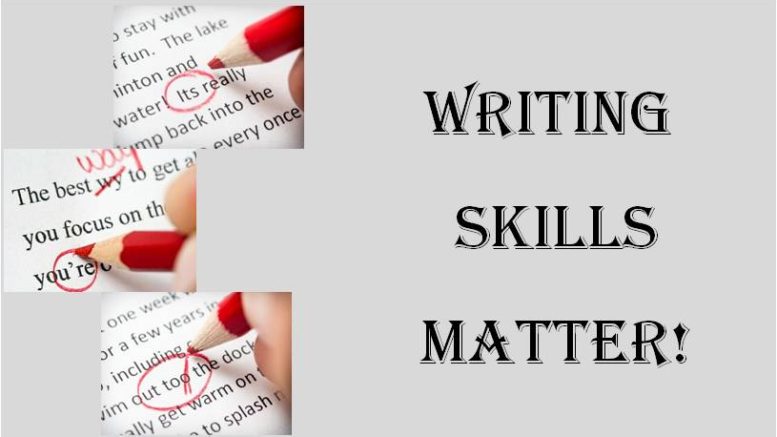What is essential in Public Relations is developing and maintaining a positive reputation for your clients with all stakeholders. It means maintaining media relations to alert them about the client’s activities like a product launch, or any point of view regarding some public concerns, maintaining high levels of customer satisfaction and being an active player in the local community.
It is all about communication. In PR, it is important that you are able to express your ideas creatively; it involves the listening skills too. The ability to communicate is very crucial in the business scenario when interacting with clients, and when you help them to identify and reach at communication solutions. A good communicator is able to decipher both the verbal and non-verbal communication both to gain a better understanding and to be on top of any situation.
Written communication is an essential part of a successful PR plan. So, if you think – what is the most important skill for PR people to possess, some options would be – ability to pitch to media, multi-tasking and time management, knowing how to measure PR output, networking/developing relationships, understanding social media (Facebook, Twitter and other online tools), fostering/igniting online conversations, incorporating customer service into the PR mix and so on. But, where does the skill of writing fit in?
Upgrade your writing skills
Through writing skills, you can learn to pitch to media, be more organised, measure, or use social media for business. But, if writing is a handicap – you can’t write, then it’s impossible to execute any of these tasks well. As communicators, writing forms the foundation. And, while sometimes communication becomes more conversational, articulating ideas clearly is what is required. This may take many forms – like press releases, pitching reporters, e-newsletters, case studies, speeches, message development, blogging, tweeting and so on. As such, writing for different mediums is a vital skill.
Without a doubt, the ability to write well across a variety of platforms can keep you ahead of the pack and also fast-track a PR professional’s career.
Today, PR has surely evolved, but writing skills are more important than ever. Here’s why:
Communicate, persuade, communicate
Writing is at the core of persuasion. A fundamental communications skill means the creation of compelling content – whether it means crafting a press release about a business event or writing a Chairman’s speech or a blog. What is clearly visible is – the power of the written word to convey ideas, evoke emotion or reactions and build influence. Written and spoken words are still the most prominent way for business and government leaders to communicate.
PR is content marketing
Writing news release, a blog, a speech or a cleverly-worded 140 character tweet – social media posts are merely the entry point into a whole new world of content marketing. Today’s PR campaign incorporates a much wider variety of written (and visual) content that has added another dimension to brand storytelling.
Perfect your grammar
The finer points – incorrect grammar, spelling and usage make a bad impression and can affect your credibility on the job, as well as the credibility of your agency. You may argue, that with the advent of text messaging, instant messaging and social networking sites such as Twitter, the rules of writing are getting underplayed. Not really!
PR writing to revolve around ‘ethics’
PR writing style must have “ethics” involved. In fact, ethics is at the core of a communications curriculum. The very diversity of PR practice today, and the integration of paid, earned and owned media means it is even more than just a PR writing style. Communications ethics must be institutionalised in the agency and the corporate environment, to ensure good practice.
Excellence in writing will prepare the PR professionals to support clients, counsel senior management or manouvre a credible argument in the light of a reputation threat. Here, it must be pointed out that, what surfaces is the skill of how to craft and use language for clarity and impact.
Edit, proofread
This goes without saying. Always edit, re-edit your own writing several times; and, if it’s an important document, such as a press release, ask a third person to check it, too. Zero defect is the main objective. For after all, we are in the business of communication!










Leave a comment